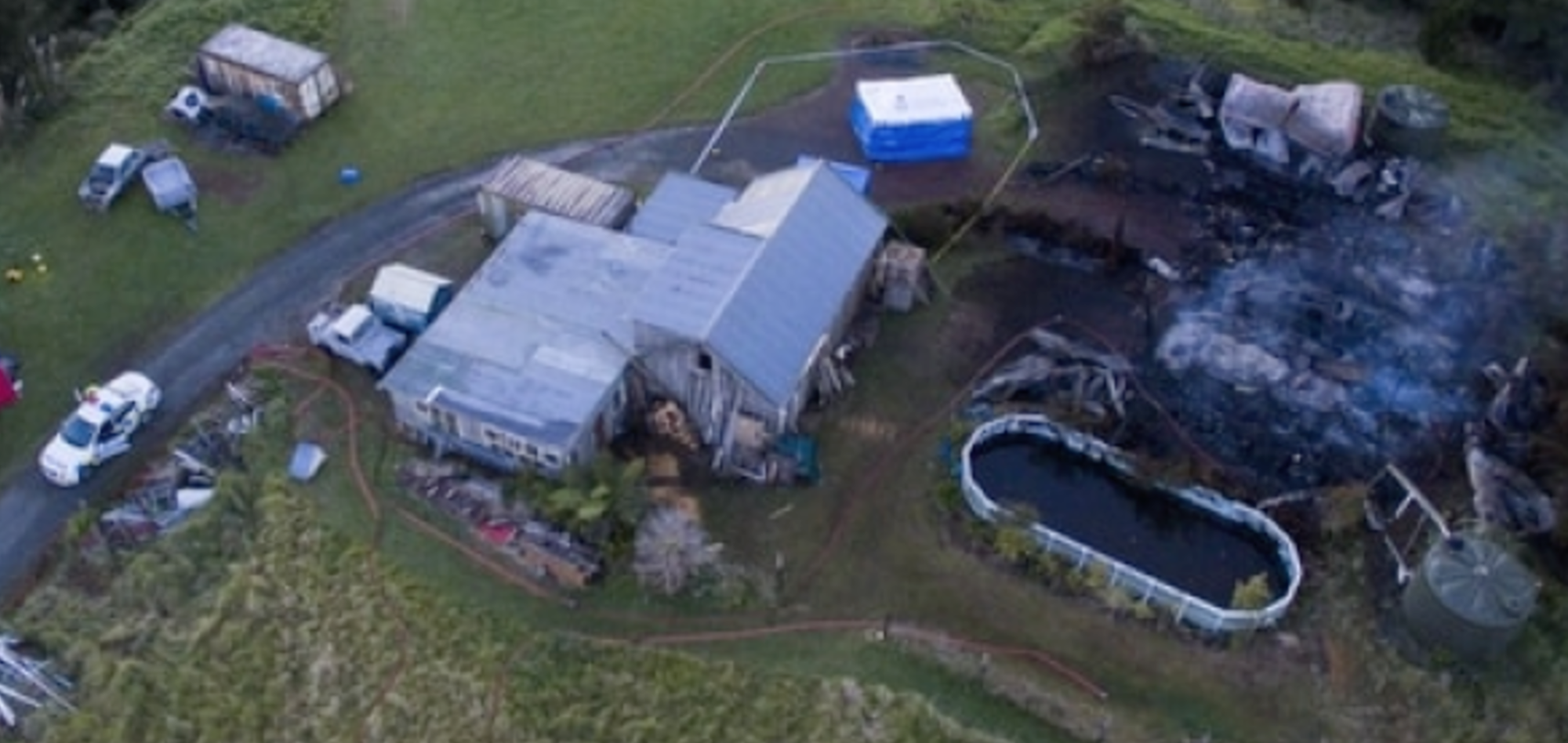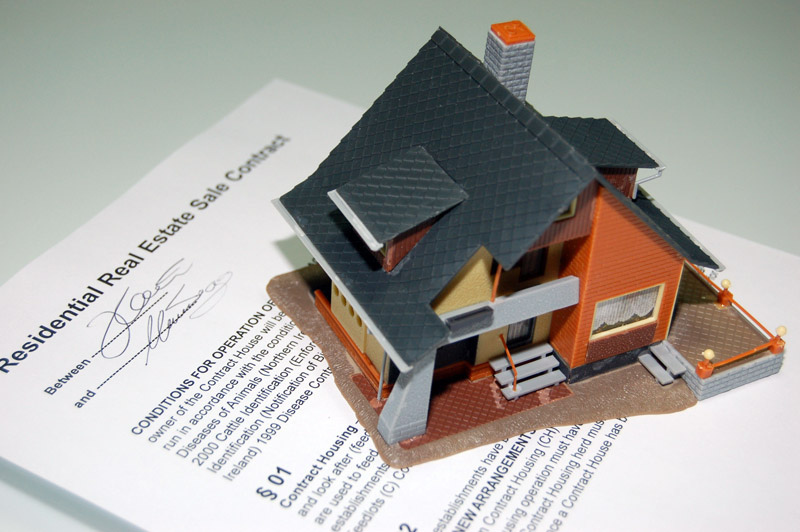Twelve Tips To Help Keep You Safe As A Property Manager
Twelve Tips To Help Keep You Safe
- Listen to your gut. This is the most basic of human instinct that nature gave us hundreds of thousands of years ago to warn us of impending danger whether it be from rival tribes or Saber Tooth Tigers. Like when selecting a tenant, if it doesn’t feel right, you’re probably right. If you arrive at a property and something makes you feel uncomfortable, leave immediately and do not second guess yourself.
- Ensure your colleagues know where you are. As obvious as this may sound, I still see Property Managers leaving the office without anyone knowing where they are going. Colleagues need to know when you are leaving the office and where you are going. All appointments should be in a shared electronic calendar that can be accessed by key people. Each morning, your team should have a quick 5 minute catch up so everybody knows what everyone else is doing that day. Key people in your team need to know exactly where you are going and at what time.
- Don’t do viewings after dusk. I strongly believe that no viewings should be done after 6pm or when it goes dark. There is simply no way your team can know if you are in trouble and by which time it would be far too late. Use online booking facilities such as Viewing Tracker and Inspect Real Estate to their full potential so you have a record of who attended the viewing. Have open home registers at viewings.
- Have a back up emergency plan. Between your team, come up with a plan that you can use if your safety is compromised. It could be an Emergency App on your smartphone that will connect you to the office. Consider having GPS in the cars or use Apps such as Find a Friend. Some offices will have a code word they will use when they contact an office. It may not be ideal, but having some back up emergency plan is better than nothing and may save your life.
- Never do an eviction on your own. Gone are the days when the battle axe Property Manager will head up to the property with eviction notice in hand and a determined attitude to get the tenant out. I myself, once evicted an ex-prisoner who was the member of a gang for non payment of rent. I remember being petrified knocking on the door and vowed never to do that again. Use the bailiff for all evictions and if the poor landlord has to wait a few days for a bailiff to be available then tough. Safety comes first, that is non negotiable.
- Have a Photo I.D. Badge on you. This is as much for the tenant as it is for you. The only company I have seen who carry an I.D. Badge on them with a photo of the Property Manager on it is Feron Property Management in New Plymouth. A simple idea that gives the tenant an assurance of who you are and gives you a far more professional appearance that will earn respect.
- Make it easy to leave. It didn’t matter what neighbourhood I was doing an inspection in, I got into the habit of parking my Property Management car in a way that I could easily access it and drive off. Do not park facing a dead end of a cul-de-sac and never park up a driveway if possible. If you do park up someones drive, reverse up it so you can easily drive off.
- Have alarms on you. This may sound a little dramatic and you will probably never need it but it makes sense to have one, even if you are a male. On one occasion, I remember a young female Property Manager in Whanganui entering a house to do a routine inspection. Unknown to her, the tenant, a Doctor, had sublet the property. The individual living in the property had no idea that this young Property Manager was in the house and was in the bathroom when she entered. When the man confronted the poor Property Manager, she was subjected to a tirade of abuse and the only exit was to walk past the man who continued to shout and scream at her. She was understandably shaken and we sent her home as she was too distressed to continue working.
- Learn to read the situation. Reading the media, by all accounts Quinn Patterson was in financial trouble. He may well have been facing eviction and the people threatening this became his number one enemy. Often we have to give bad news in Property Management to both tenants and landlords. Sometimes, we may be the tipping point in a persons life and the breach notice that we send may just do this. I am a big believer in emotional intelligence which is the ability to be self aware of the impact you may have on other people. If you are awaiting a Tribunal hearing or waiting for a tenancy to end and you suspect there may be some animosity towards you or feel your presence may antagonise the situation, don’t visit the property no matter what the circumstances. Wait for the tenancy to end. Also, learn to read your environment when turning up at the property. Are there dogs present and how dangerous are they? does everything look normal? can you access every room? How many tenants should there be? If you are new to the industry ensure you do your first few inspections with someone experienced who can teach you the tell tale signs that something may not be right. I would highly recommend getting someone like Phil Thompson of Protect Self Defence to do training with your team. He has spoken at REINZ conference in the past and is excellent.
- Choose how you communicate carefully. As said before, we regularly have to give bad news to people in this job. Delivery of those words can be paramount to defusing difficult situations. Don’t use words such as ‘You haven’t paid your rent’. Reword it with the phrase ‘We haven’t received your rent’. Be aware of your body language when confronting someone. Listen actively to whom your are confronting and use their name. Never raise your voice and smile using eye contact. As rents increase across most regions, the margins for families become tighter and tighter. This can lead to extra pressure and frustration. When there is money and property involved there is always the potential for emotions to take over. Always show empathy, especially when giving bad news and try to remove yourself from any emotion, focusing on the problem at hand and not the people. It is easier to deal with people if you understand the pressures they may be under.
- Diarise all communication. This is commonsense and should be best practice in each office. However it doesn’t always happen. Any aggressive or threatening behaviour must be recorded in a Health and Safety diary as well as your Property Management software. Regardless of whether it is a tenant or a landlord, your superior has to be notified and the situation has to be assessed and recorded. Doing this also gives any new members of staff prior warning before they confront a tenant or a landlord.
- Trust is earned. This may sound somewhat cynical, but if we get into the habit of trusting people on their face value then we are asking for all types of problems. Ensure you use companies such as T.I.N.Z or Tenancy Practice Service for background checks. Double check references that tenants give you. Are they who they say they are? Can they afford the property? If more than 40% of their net income will go on rent they will likely struggle to make rent payments. Also, do not take on slumlords who we would class as D-grade clients. They add to stress and are seldom profitable. Do background checks on new landlords. Have they been in Tribunal? What do other companies say about their dealings? Have a suspicious mindset and again, listen to your gut, it seldom lets you down.
David Faulkner – New Zealand’s leading Property Management expert. Director of Real iQ ltd




